Ever wondered, “why are espresso machines so expensive“? It’s a question that pops up as soon as you start shopping for that perfect machine to get your daily caffeine fix. This article will break down the financial, practical, and qualitative benefits of investing in an espresso machine.
We’ll delve into the craftsmanship, advanced technology, brand reputation, and even the economic factors that contribute to the high price tags of these coveted coffee makers. By the end, you’ll have a clear understanding of why an espresso machine might be a worthy investment for your kitchen or café.
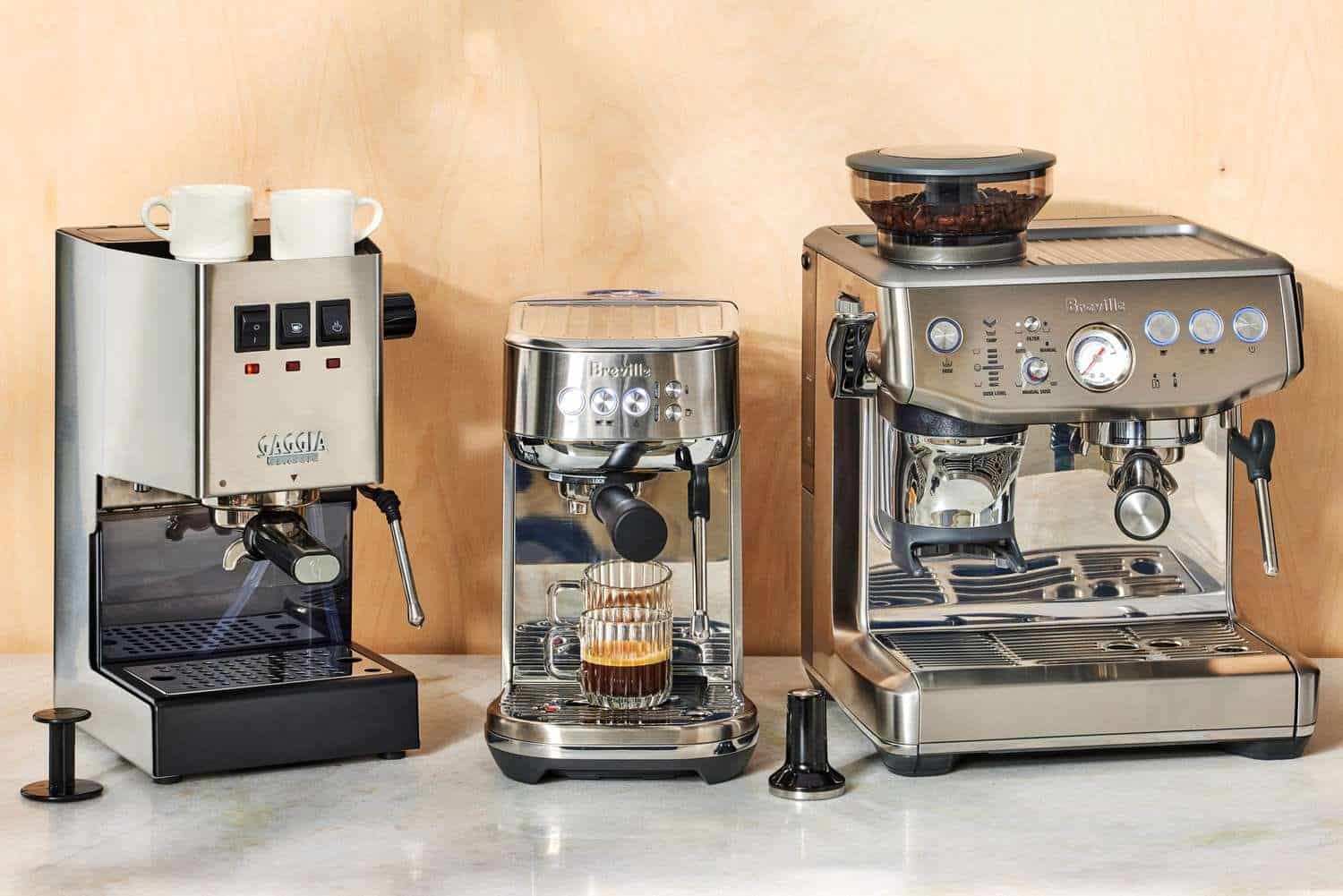
Understanding the Costs
Investing in an espresso machine is more than just a one-time purchase; it involves ongoing maintenance and operational expenses. Here’s a detailed analysis to help you understand the full scope of costs associated with owning an espresso machine:
- Initial Purchase Costs: The initial cost of an espresso machine can vary widely, from a few hundred to several thousand dollars. High-end machines are built with superior materials and advanced technology, which significantly drives up the price.
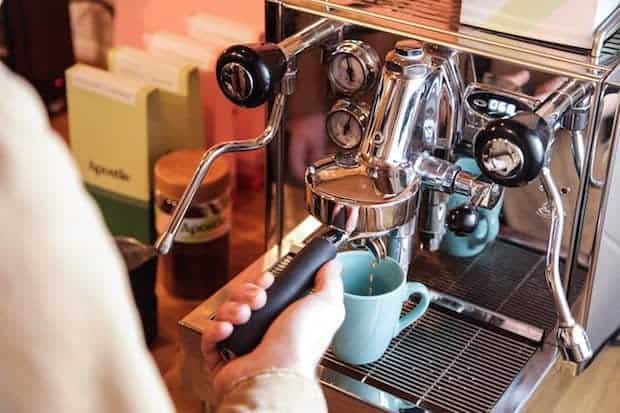
- Maintenance Costs: Regular maintenance is crucial for keeping your machine in top condition. This includes descaling, replacing filters, and occasionally servicing parts like the grinder and boiler. Maintenance costs can add up over time but are essential for the machine’s longevity.
- Operational Costs: Running an espresso machine also incurs daily operational costs. These include the cost of coffee beans, electricity, and water. High-end machines are designed to be more efficient, potentially reducing some of these ongoing expenses.
Types of Espresso Machines
When considering an investment in an espresso machine, it’s essential to understand the different types available and their associated costs. Here’s a breakdown of the various types of machines and what you can expect to pay for each:
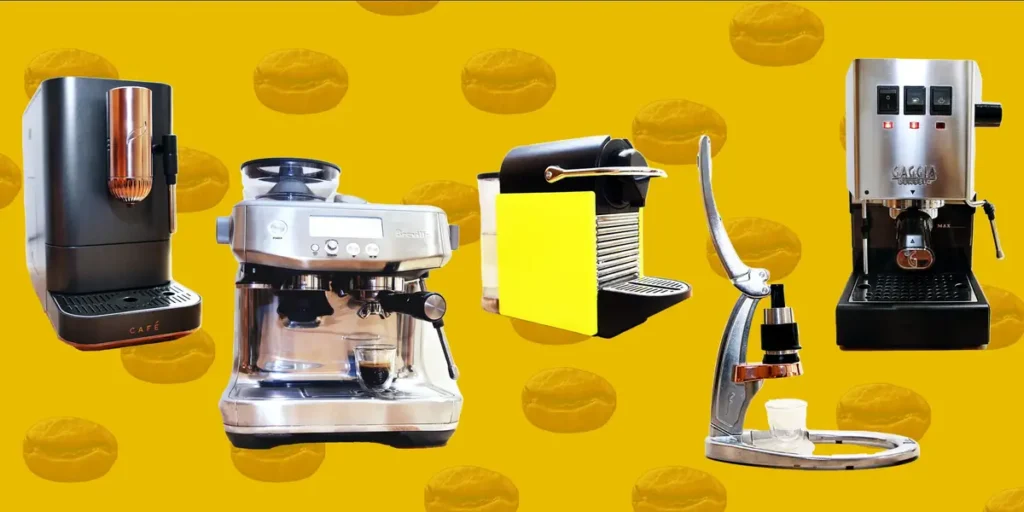
- Manual Espresso Machines: Manual machines, also known as lever machines, require a hands-on approach. They give you complete control over the brewing process, but they can be challenging to master. Prices for manual machines typically range from $200 to $2,000, depending on the brand and build quality.
- Semi-Automatic Espresso Machines: Semi-automatic machines are popular among home baristas. They automate some aspects of the brewing process while still allowing you to control variables like grind size and extraction time. These machines generally cost between $500 and $2,500.
- Automatic Espresso Machines: Automatic machines take convenience a step further by automating most of the brewing process. You still have some control, but these machines do much of the work for you. Prices range from $800 to $3,000, making them a mid-to-high-range option.
- Super-Automatic Espresso Machines: Super-automatic machines are the epitome of convenience. They handle everything from grinding the beans to frothing the milk, delivering a perfect espresso with minimal effort. These machines are typically priced between $1,000 and $5,000, with premium models costing even more.
- Commercial Espresso Machines: Designed for high-volume environments like cafes and restaurants, commercial machines are built to withstand heavy use. They offer advanced features and robust construction, which come at a higher price point. Expect to pay anywhere from $5,000 to $20,000 for a commercial machine.
Benefits of Owning an Espresso Machine
Investing in an espresso machine offers numerous benefits that go beyond just a great cup of coffee. Here’s a look at some of the key advantages:
Quality of Coffee
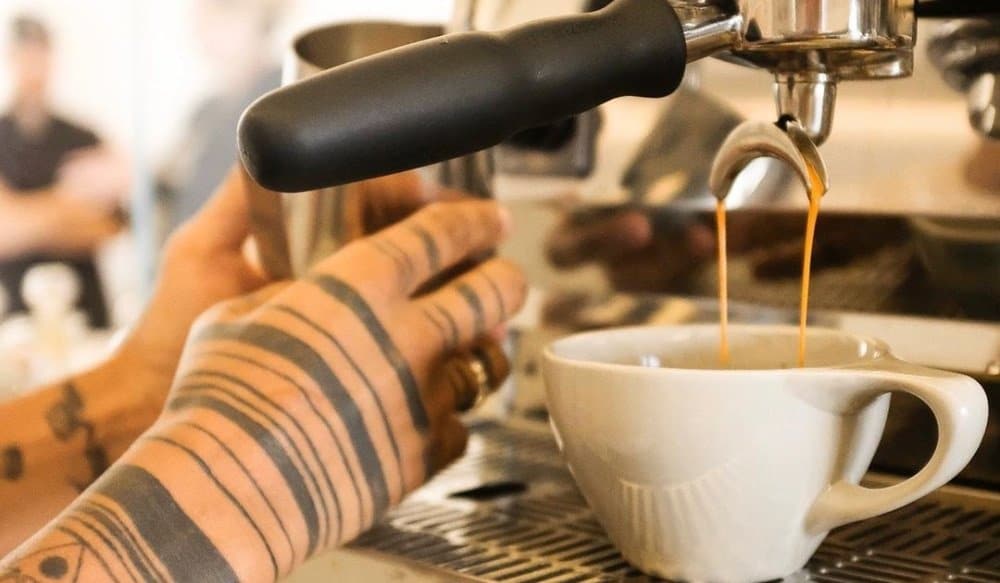
One of the standout benefits of owning an espresso machine is the elevated quality of coffee it provides. Here’s how an espresso machine can transform your home coffee experience:
- Precision Brewing: Espresso machines offer precise control over various brewing parameters such as water temperature, pressure, and extraction time. This level of control allows you to achieve a perfect balance of flavors, bringing out the rich, nuanced notes of your coffee beans that you might miss with other brewing methods.
- Freshness: Using freshly ground coffee beans is crucial for a superior coffee experience. Many high-end espresso machines come with built-in grinders, ensuring that you always use freshly ground beans. This freshness enhances the aroma and flavor of your coffee, providing a significantly better cup than pre-ground coffee.
- Consistency: Espresso machines are designed to deliver consistent results. Once you’ve dialed in your preferred settings, you can enjoy the same high-quality espresso shot every time. This consistency is especially important for those who appreciate the delicate balance of flavors in a well-crafted espresso.
- Customization: With an espresso machine, you have the freedom to experiment and customize your coffee drinks. From adjusting the grind size and water temperature to experimenting with different beans and brewing techniques, you can tailor each cup to your specific taste preferences. This level of customization allows you to explore a wide range of coffee flavors and styles.
Investing in an espresso machine not only brings the café experience to your home but also elevates your daily coffee ritual by delivering superior quality, freshness, and consistency. This enhancement in the coffee experience underscores why espresso makers are so expensive and worth the investment for coffee lovers.
Lifestyle and Convenience
In today’s fast-paced world, convenience is key, and having an espresso machine at home perfectly aligns with modern lifestyle needs. Here’s how:

- Time-Saving: Owning an espresso machine can save you precious time each morning. No more rushing to the coffee shop or standing in long lines. With just a few simple steps, you can enjoy a freshly brewed espresso, latte, or cappuccino at home, fitting seamlessly into your busy schedule.
- On-Demand Coffee: Whether you’re working from home, entertaining guests, or simply enjoying a lazy Sunday, having an espresso machine means you can brew a perfect cup of coffee anytime you want. This on-demand convenience is a significant advantage, providing you with the flexibility to enjoy your favorite drinks whenever the craving strikes.
- Cost Efficiency: While the initial investment might seem high, having an espresso machine at home can be more economical in the long run. Consider how much you spend on daily coffee shop visits. Brewing your espresso at home can lead to substantial savings over time, making it a smart financial choice.
- Customization and Personalization: An espresso machine allows you to tailor your coffee exactly to your taste. Adjust the grind size, water temperature, and extraction time to create your perfect cup. Experiment with different beans and brewing techniques to find your ideal flavor profile. This level of customization is hard to achieve with store-bought coffee.
- Enhanced Home Experience: Having an espresso machine adds a touch of luxury to your home. It becomes a central feature in your kitchen, offering an enjoyable ritual that can elevate your daily routine. Plus, it’s a great conversation starter when you have guests over.
Incorporating an espresso machine into your home not only saves time and money but also enhances your lifestyle with convenience and customization. This alignment with modern living needs further explains why espresso makers are so expensive and yet, a worthwhile investment.
Comparisons with Alternatives
When deciding whether to invest in an espresso machine, it’s essential to compare it with other popular coffee-making methods like drip coffee makers and coffee pods. Here’s how espresso machines stack up against these alternatives:
Espresso Machines vs. Drip Coffee Makers
Drip coffee makers are a common household appliance known for their simplicity and affordability. They brew coffee by dripping hot water over ground coffee beans, which then filters into a carafe. While they are convenient and easy to use, they lack the precision and control that espresso machines offer.
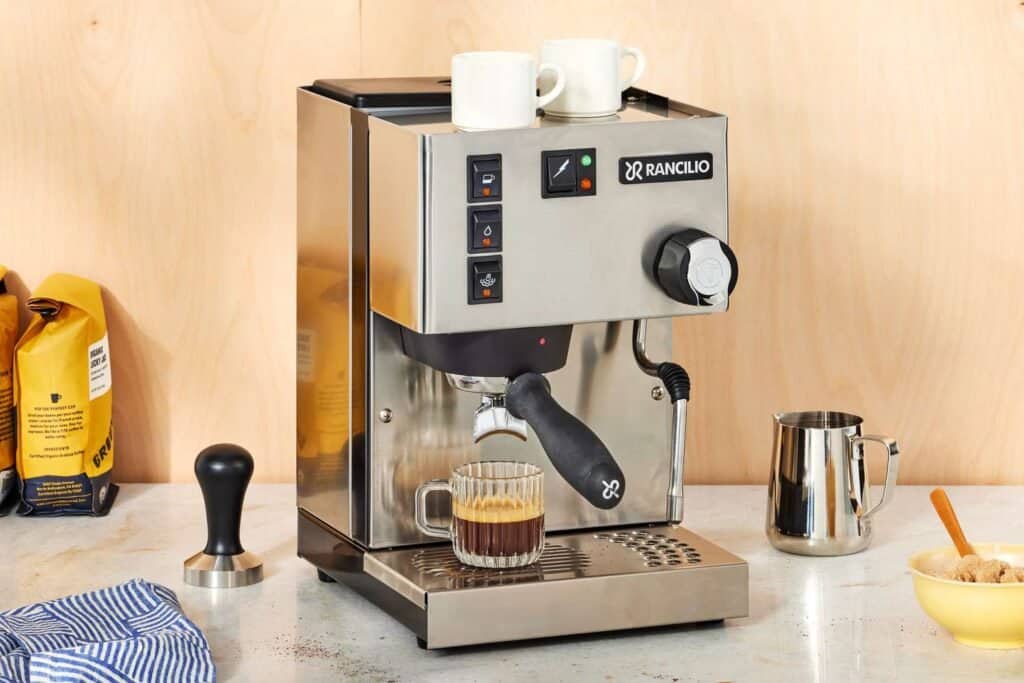
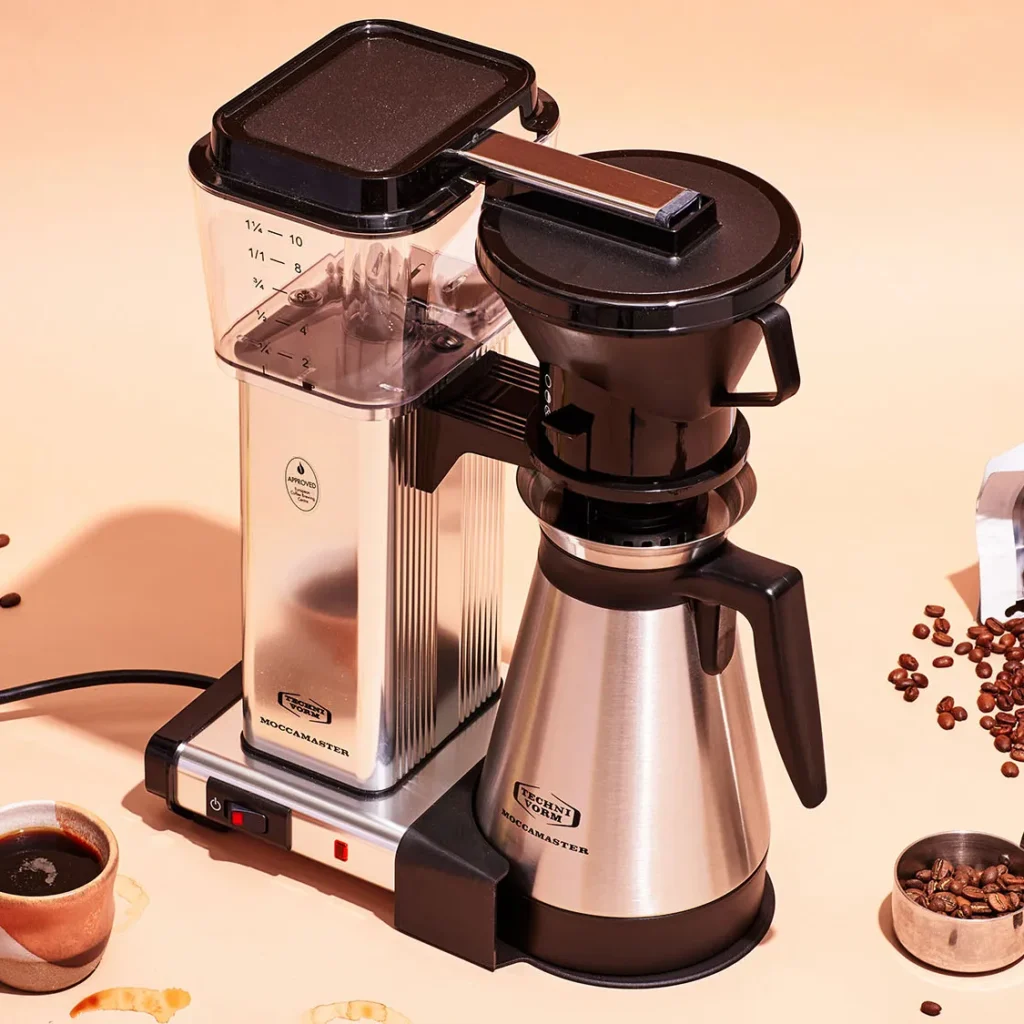
- Quality of Coffee: Espresso machines produce a richer, more concentrated coffee with a robust flavor profile, while drip coffee tends to be lighter and less complex.
- Customization: Espresso machines allow for greater customization of the brewing process, enabling you to adjust parameters like grind size, water temperature, and extraction time. Drip coffee makers have limited customization options.
- Cost: Drip coffee makers are generally much cheaper, with prices ranging from $20 to $200, whereas espresso machines can cost from a few hundred to several thousand dollars.
Espresso Machines vs. Coffee Pods
Coffee pod machines, like those made by Keurig or Nespresso, are known for their convenience and ease of use. They use pre-packaged pods to brew coffee quickly with minimal effort.

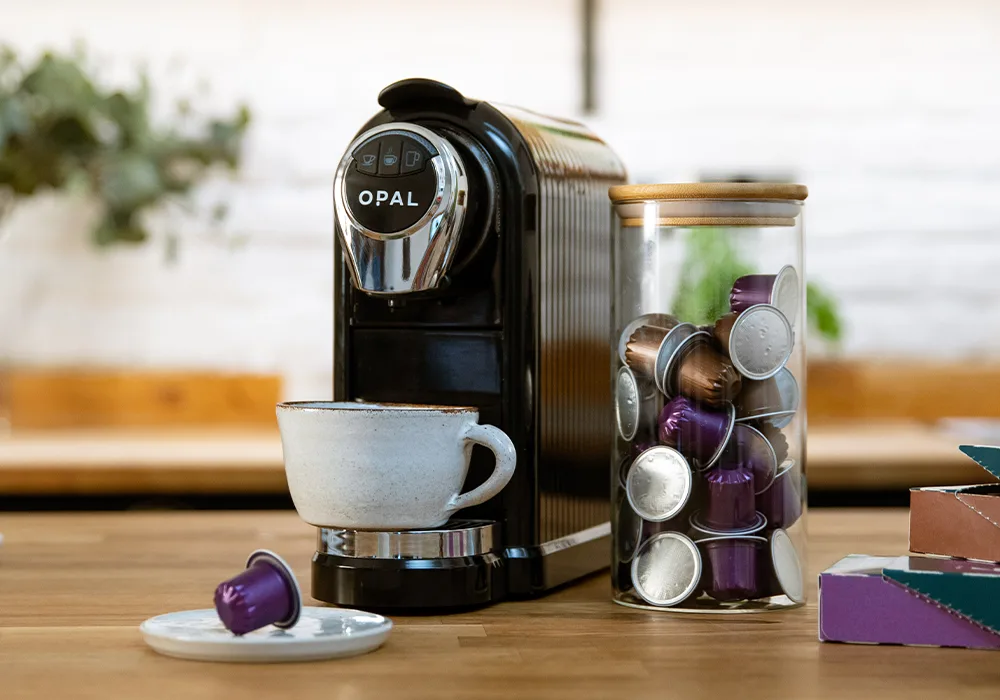
- Quality of Coffee: While coffee pods offer convenience, they often compromise on coffee quality. Espresso machines, on the other hand, deliver a superior espresso with better crema and flavor complexity.
- Customization: Coffee pod machines offer limited customization. With an espresso machine, you have complete control over every aspect of the brewing process, allowing for a more personalized coffee experience.
- Environmental Impact: Coffee pods generate a significant amount of waste, as the pods are typically single-use. Espresso machines, especially those with built-in grinders, produce less waste by using whole beans.
- Cost: Coffee pod machines are relatively inexpensive, typically ranging from $50 to $300. However, the cost of pods can add up over time, potentially making them more expensive in the long run compared to using whole beans in an espresso machine.
Cost Comparison with Daily Coffee Shop Visits
One of the significant advantages of owning an espresso machine is the potential cost savings compared to daily coffee shop visits. Here’s a detailed cost analysis to illustrate the financial benefits:
Initial Investment
The upfront cost of an espresso machine can range from a few hundred to several thousand dollars, depending on the type and features. While this may seem steep initially, it’s essential to consider the long-term savings.
Daily Coffee Shop Costs
Let’s assume the average cost of a coffee shop espresso drink is $4. If you purchase one espresso daily, the monthly cost would be around $120, and the annual cost would be approximately $1,440. For those who indulge in multiple daily visits, these costs can quickly multiply.
Cost of Home Brewing
- Coffee Beans: A pound of high-quality coffee beans costs about $15-$20 and can yield roughly 30-40 espresso shots. This translates to around $0.50 per shot.
- Maintenance and Supplies: Regular maintenance, including descaling and replacing parts, might add up to around $100-$200 annually. Additional supplies like milk, syrups, and electricity also contribute to the overall cost.
Annual Home Brewing Costs
Let’s break down the costs for someone making one espresso shot per day at home:
- Coffee Beans: $0.50 x 365 days = $182.50
- Maintenance and Supplies: Approximately $150
- Total Annual Cost: Around $332.50
Comparative Savings
Comparing the annual costs:
- Daily Coffee Shop Visits: $1,440
- Home Brewing: $332.50
The annual savings by brewing at home can be over $1,100. Even when accounting for the initial investment in an espresso machine, the cost can be recouped within a year or two, depending on the machine’s price.
Environmental Impact
When evaluating the decision to invest in an espresso machine, it’s important to consider the environmental footprint compared to other coffee-making methods. Here’s how espresso machines stack up against the alternatives:
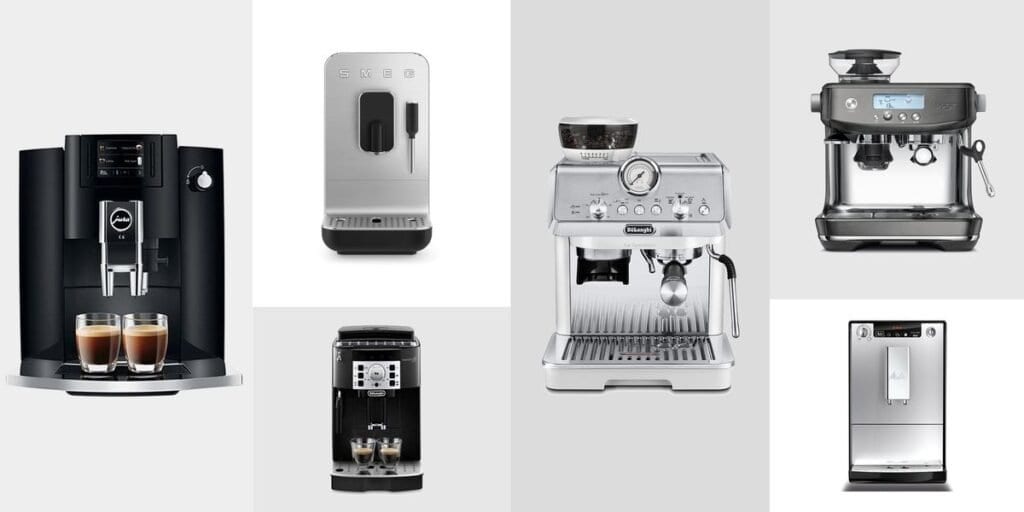
Espresso Machines
Espresso machines, especially those with built-in grinders, have a relatively low environmental impact. By using whole beans, you avoid the waste associated with single-use coffee pods and disposable coffee cups.
- Reusable Components: Many parts of an espresso machine, like portafilters and cups, are reusable, reducing waste.
- Coffee Grounds: Used coffee grounds can be composted, providing an eco-friendly disposal method.
- Energy Use: While espresso machines do consume electricity, many modern machines are designed to be energy-efficient, reducing their overall environmental footprint.
Drip Coffee Makers
Drip coffee makers also have a relatively low environmental impact, but there are some considerations:
- Filters: Paper filters are often used in drip coffee makers, which contribute to waste. Switching to reusable metal filters can mitigate this.
- Coffee Grounds: Like with espresso machines, used coffee grounds from drip makers can be composted.
- Energy Use: Drip coffee makers generally consume less energy than espresso machines, making them a slightly greener option in terms of electricity usage.
Coffee Pod Machines
Coffee pod machines are convenient but have a significant environmental downside due to the waste they generate.
- Single-Use Pods: Coffee pods are often single-use and can be challenging to recycle, leading to substantial landfill waste.
- Plastic and Aluminum: Many pods are made from plastic and aluminum, materials that have a higher environmental impact compared to organic waste like coffee grounds.
- Energy Use: While generally energy-efficient, the environmental cost of manufacturing and disposing of pods outweighs the energy savings.
Daily Coffee Shop Visits
Frequenting coffee shops can also have a notable environmental impact:
- Disposable Cups: Many coffee shops use disposable cups, lids, and straws, which contribute significantly to waste.
- Transportation: Regular trips to a coffee shop increase your carbon footprint, especially if driving is involved.
- Single-Use Packaging: Sugar packets, stirrers, and other single-use items further add to the environmental burden.
Real User Testimonials
To provide a well-rounded perspective on the value of owning an espresso machine, here are some testimonials from real users who have made the investment:
These testimonials highlight the diverse benefits of owning an espresso machine, from cost savings and convenience to environmental sustainability and superior coffee quality. Real users find the investment worthwhile, reaffirming why espresso makers are so expensive yet highly valued.
Making the Decision: Is It Worth It?
Deciding whether to invest in an espresso machine involves weighing several factors. Here’s a final summary to help you determine if it’s the right choice for you:
- Financial Considerations: While the initial cost of an espresso machine can be high, the potential savings from reduced coffee shop visits can make it a financially sound investment over time. The detailed cost analysis shows that brewing at home can lead to substantial annual savings.
- Quality and Customization: Espresso machines offer unparalleled control over the brewing process, allowing you to craft high-quality, personalized coffee drinks. This level of customization is unmatched by other coffee-making methods, providing a superior coffee experience.
- Convenience: Owning an espresso machine brings the café experience to your home, offering the convenience of on-demand coffee. This convenience aligns well with modern lifestyle needs, making it easier to enjoy your favorite drinks without leaving the house.
- Environmental Impact: Espresso machines, particularly those using whole beans, have a lower environmental footprint compared to coffee pod machines and daily coffee shop visits. Reducing waste and composting coffee grounds contribute positively to sustainability efforts.
- User Satisfaction: Testimonials from real users highlight the diverse benefits and satisfaction derived from owning an espresso machine. From coffee quality and savings to environmental considerations and convenience, users find significant value in their investment.
Ultimately, if you value high-quality coffee, enjoy customization, seek convenience, and are conscious of long-term savings and environmental impact, investing in an espresso machine can be a worthwhile decision.
Disclosure: Our blog contains affiliate links to products. We may receive a commission for purchases made through these links. However, this does not impact our reviews and comparisons. We try our best to keep things fair and balanced, in order to help you make the best choice for you.

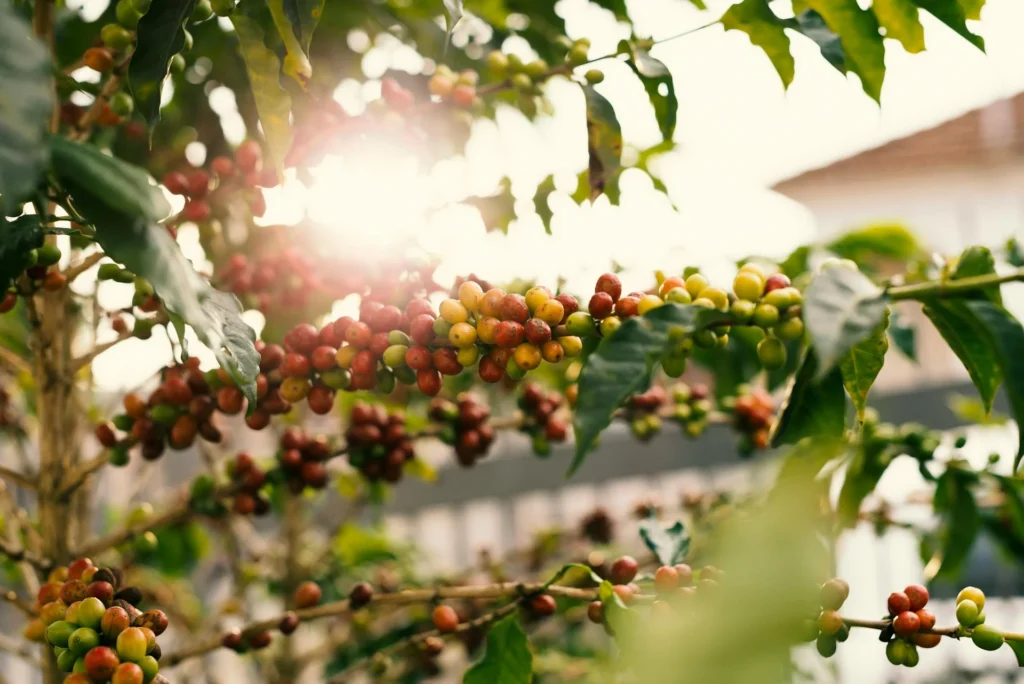
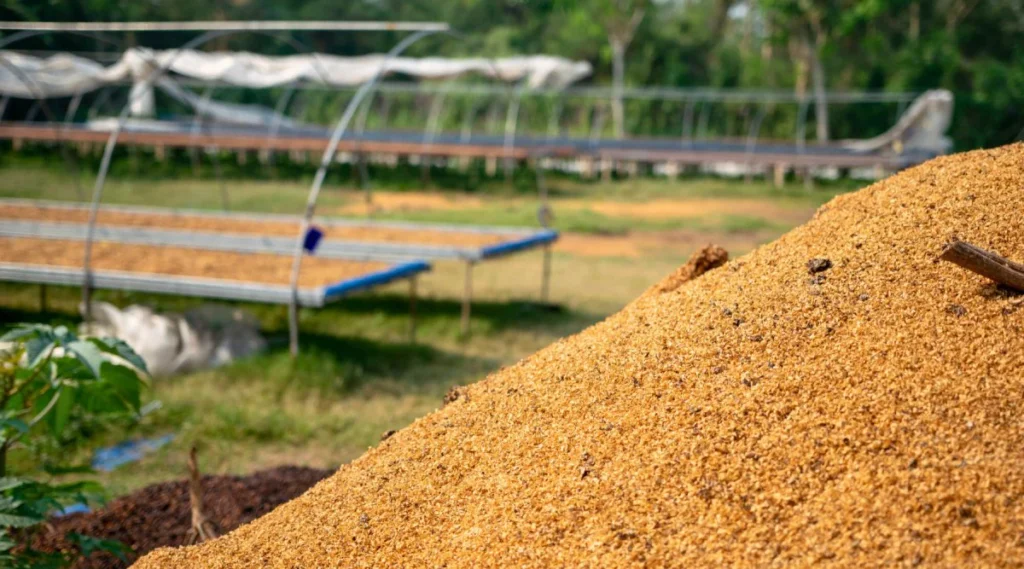


One Response